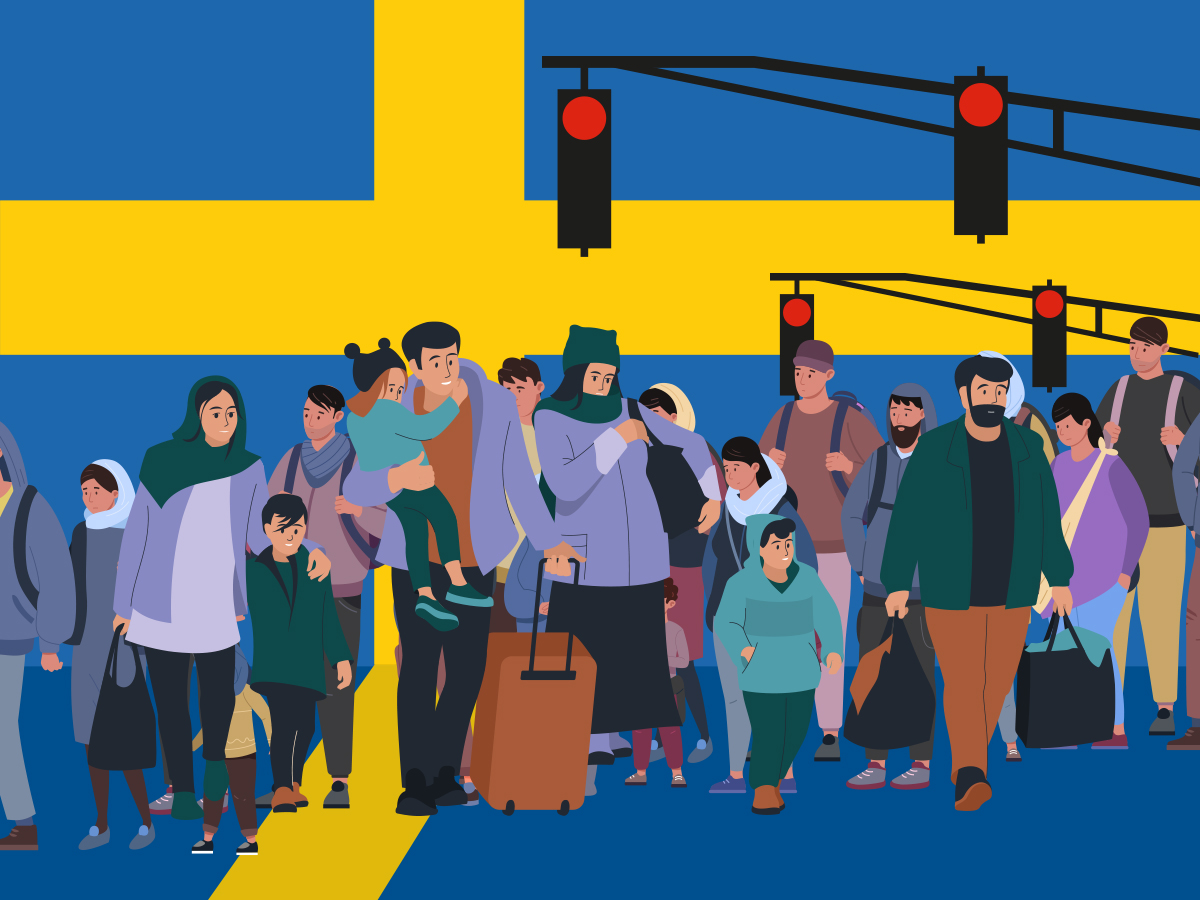The age-old adage says that the boss is always right. Then, Rule #2 says that if the boss is wrong, please refer to Rule #1.
The same seems to be true to politicians, too. Apologizing, admitting being wrong or ignorant was simply something politicians and leaders avoided all through history (with rare exceptions), as the projected image of perfection, knowledge and ability to handle power is thought to be incompatible with leadership.
A sentence one cannot often here from them is, sorry, I was wrong.
Of course, in the brutal world of politics, projecting a less-than-perfect image is a risky strategy. Especially as, as it is another well-known fact, “strategic” means a maximum of four year (namely from election campaign to election campaign), or, especially in the last decade, more like from one 24 hours to the other, hoping that any statement is forgotten amidst the tsunami of feeds.
The unlikely can still happen.
Joining the sadly short line of brave politicians, Louise Meijer, Swedish MP said the magical words, expressing her regrets about “making mistakes” by “pleading for openness and refugees [being] welcome” back in 2015.
Once one of the most steadfast advocates for openness and lax migration rules, now she expresses a change in opinion towards a stricter migration policy. In an opinion piece for Expressen on March 15, she said she “changed her mind” over her views. “Now, instead, I am advocating an even stricter migration policy than the one I opposed at the time,” she says.
Amongst her many reasons for this step, she claimed that Sweden today was a “completely different country than it was at the end of the 20th century” and that, per capita, it has “received the most immigrants in the Western world”, or “more than a third of Sweden’s population has a foreign background. In 1987, the corresponding figure was 11 per cent.”
Her list didn’t stop here.
Currently “about 20 per cent of our inhabitants are of non-European and non-Western descent”, Meijer added. In Europe, “only France, the United Kingdom and the Netherlands can show a similar figure, but the structure of immigration in these countries is linked to immigration from former colonies.”
Louise Meijer is not a hot-headed politician whose tongue runs before her wit.
If anything, she is the opposite. She gained reputation for her legal work in the field of gender equality, she has been the member of the Parliament since 2018 and she is her party’s leader in the Justice Committee of the Swedish Parliament (an important position as it involves shaping and influencing the legislative agenda and policies related to justice in Sweden).
So, she probably truly meant it.
It’s up to the future to decide whether it was really that difficult (slash impossible) to predict back in 2015 that Europeans’ lives would be changed radically by the influx of migrants from different cultures.
Or whether a well-educated politician should or should not have realized that there was some truth in the demands for stricter migration rules (or at the bare minimum, the enforcement of the existing rules).
Immigration to Sweden reached its peak in 2016: 163,000 immigrants arrived at the country of app. 10,6 million inhabitants. Between 2010 and 2024, the total number of immigrants arriving to Sweden was approximately 1,479,574. There is some irony (and not just a morsel of truth) in Duolingo’s returning advertisement that the most learned language in Sweden is … Swedish. By the immigrants.
The trend seems to slow, or even change. In 2023, “only” 94,514 immigrants arrived, mainly thanks to the changes in immigration policy, initiated at popular demand.
Still, this number means a significant demographic shift in the country, in sharp contrast with the demographics of the late 20th century and with the Swedish lifestyle we all knew.
In her interview, Meijer made a connection between immigration and the increasing number of violent crimes.
After all, she spoke barely a few weeks after Swedish police called for a ban on civilians wearing bulletproof vests, claiming those “don’t have a place outside war zones because they cause fear in communities”. Once known for its tranquil landscapes and peaceful cities, now, increasing numbers of children and young people (including those under 15), are wearing protective vests in towns and cities, as gang crime continues to pull in the younger generation. Unfortunately, the spread of bulletproof vests only led to more shootings directed at the head instead.
It’s not a coincidence, that Swedish openness toward immigrants has changed and the government started a much stricter immigration policy, aiming to reduce the number of irregular migrants, new legislation introduced stricter regulations for low-skilled labor immigration (promoting highly skilled labor immigration instead) and more stringent requirements for acquiring Swedish citizenship. Enhanced measures were also put in place, to improve the effectiveness of return operations and the internal controls of non-residents.
Then, on December 20, 2023, EU member states agreed on a common asylum and migration pact with the option to “buy your freedom” (not accept immigrants). The Swedish Minister of Immigration, Maria Malmer Stenergaard stated that it was worth the money, definitely so “compared to having an unsustainable level of immigration that has consequences for generations to come”. She declared, “I would say that it is worth a fairly high price to ensure that we have sustainable immigration”.
Whether other members of the ruling Moderate Party (for example Prime Minister Ulf Kristersson or Minister of Immigration, Maria Malmer Stenergaard), will also openly admit having erred, is not known yet.
Probably not, as for the upcoming EP elections, again the projection of spotless perfection is a safer alternative. But as many European politicians (including Commission President Ursula von der Leyen) chose immigration as a central topic of their campaigns, we might see some surprises. Maybe even some apologies to all (like Hungarian Prime minister, Viktor Orban) who were labelled “xenophobic”, “nationalists” or worse back in 2015, when they dared to express the same views.
